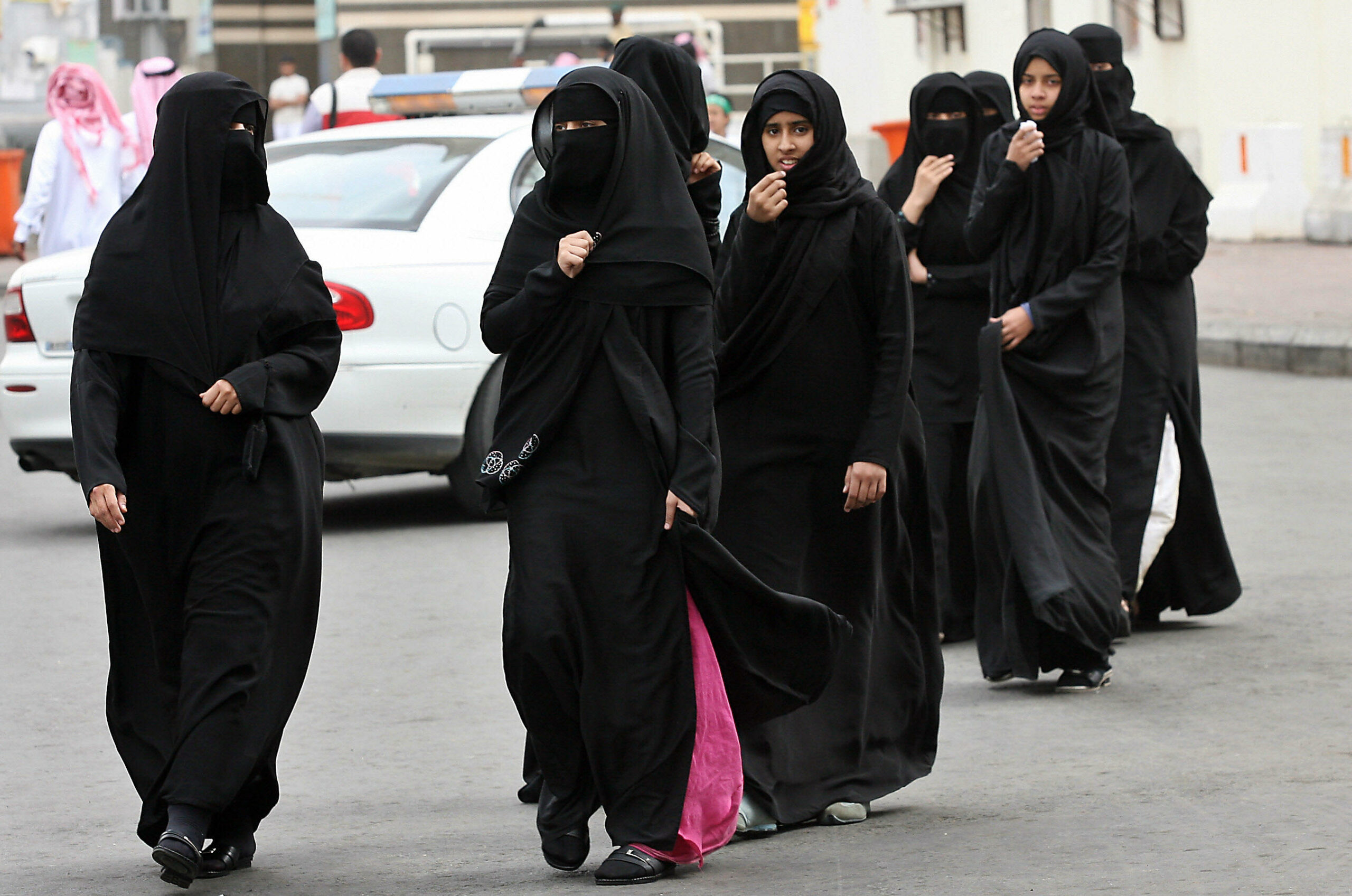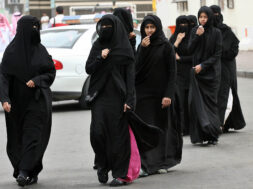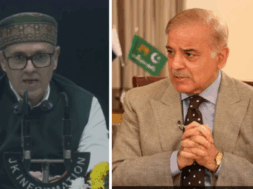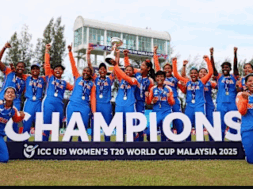
NEW DELHI, Aug 16: The Supreme Court on Tuesday expressed the opinion that prima facie the Muslim personal law practice of ‘talaq-e-hasan’ was “not so improper.” Talaq-e-hasan is a form of divorce by which a Muslim man can divorce his wife by pronouncing talaq once every month over a three-month period.
A Bench led by Justice Sanjay Kishan Kaul said a Muslim woman has the option to divorce by the process of khula by returning the dower (mehar) or something else that she received from her husband or without returning anything, as agreed by the spouses or Qadi’s (court) decree depending on the circumstances.
“Prima facie this (talaq-e-hasan) is not so improper. Women also have an option. Khula is there. Prima facie I do not agree with the petitioner. I do not want this to become an agenda for any other reason,” Justice Kaul remarked orally.
The court’s prima facie remarks came while hearing a petition filed by journalist Benazeer Heena, represented by senior advocates Pinky Anand and Ashwani Kumar Dubey. The petitioner argued that talaq-e-hasan and “other forms of unilateral extra judicial talaq is an evil plague similar to sati.”
“Talaq-e-hasan is arbitrary, irrational and contrary to Articles 14, 15, 21 and 25 and international conventions on civil rights and human rights,” the petition submitted. It said there should be a “gender neutral, religion neutral, uniform grounds of divorce and uniform procedure of divorce for all citizens.”
The petitioner argued that the practice in question was “neither harmonious with the modern principles of human rights and gender equality nor an integral part of Islamic faith.” AD
Ms Anand said the apex court, while striking down triple talaq in the Shayara Bano case, did not address the issue of talaq-e-hasan. She said the practice discriminated against Muslim women as they cannot resort to it against their husbands. Ms. Anand said the unilateral practice of divorce was “abominable”.
The Bench, however, said the court has granted couples who cannot live with each other divorce on the ground of irretrievable breakdown of marriage. It asked whether the petitioner was willing to explore this option if the issue of mehar was taken care of.
The court said the issue under question was not instantaneous triple talaq or talaq-e-biddat. It repeated that the petitioner could opt for divorce through the khula procedure. “Would the petitioner be willing for a settlement on amounts being paid over and above mehar being fixed?” the court asked the petitioner side. Ms. Anand sought time to get instructions. The court adjourned the case to August 29.
(Manas Dasgupta)












